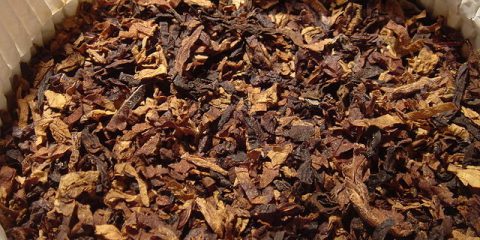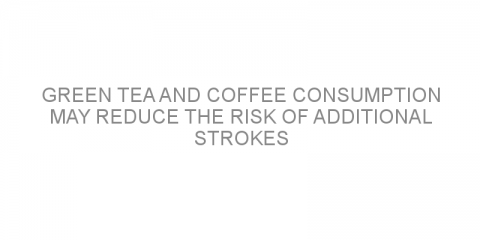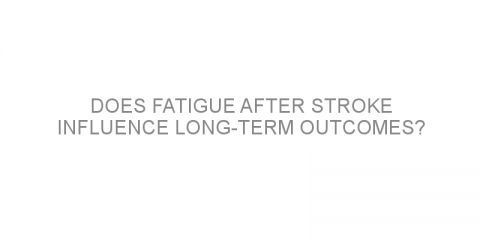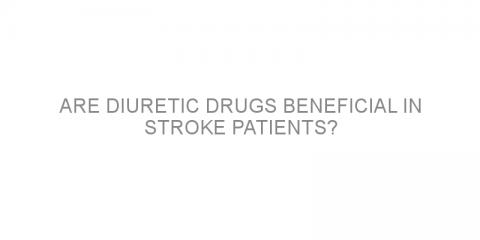Smoking and Tobacco Products Sales in the News According to a review of the history of tobacco control in the US, by the CDC, the Journal of American Medical Association (JAMA) in 1950, provided the first evidential link of smoking to cancers and other diseases. It took 40 years for the Joint Commission on Accreditation of Healthcare Organizations (JCAHO)...
Read MoreStroke Posts on Medivizor
Can high diet quality reduce the incidence of cardiovascular disease?
In a nutshell This article investigated the relationship between diet quality and the incidence of cardiovascular events. Some background It is well established that particular dietary patterns and healthy life style can prevent the development of different cardiovascular diseases. There is strong evidence that diets with high intake levels of...
Read More7 Reasons Why Patients Blog
Why do patients blog? Why do they reveal personal information and medical experiences on the Internet? 1) To Share Information Annette McKinnon, author of ‘Here’s Your Gold Watch, Rheutired,’ started her blog “to inform people about things I learned that seem obvious to me now, but were hard to learn.” Carolyn Thomas, author of “My Heart...
Read MoreRedefining stroke
In a nutshell The current article discusses the updated criteria and definitions for different types of stroke. Some background The term stroke is generally used to refer to an injury to the brain caused by a lack of blood flow or by hemorrhage (bleeding). Stroke is a major cause of death and disability, but the definitions for what constitutes a...
Read MoreGreen tea and coffee consumption may reduce the risk of additional strokes
In a nutshell This study evaluated the consumption of green tea and coffee and their effect on the incidence of cardiovascular disease, including stroke, intracranial bleeding and coronary heart disease. Some background Green tea and coffee are both considered rich in anti-oxidants, chemical compounds that protect the body from various damaging...
Read MoreDoes stroke subtype influence prognosis and treatment type?
In a nutshell This study assessed whether the subtype of stroke affects prognosis and influences effectiveness of secondary prevention methods. Some background A stroke is a sudden interruption of blood flow to the brain. An ischemic stroke is a type of stroke that occurs when the arteries supplying the brain become narrowed or blocked, causing...
Read MoreDoes fatigue after stroke influence long-term outcomes?
In a nutshell This study evaluated whether fatigue in the acute (immediate) phase following a stroke predicts physical and mental health outcomes. Some background Fatigue often manifests as physical and mental lack of energy. Post-stroke fatigue does not always improve and is not necessarily related to recent activity. Therefore, fatigue differs...
Read MoreAre diuretic drugs beneficial in stroke patients?
In a nutshell This article investigated the effect of 2 diuretic drugs called spironolactone and amiloride on myocardial fibrosis and the length of QT segment on ECG in patients with history of a stroke. Some background The most common cause of death in patients who survived a stroke in recent years is cardiac death rather than recurrent stroke....
Read MoreHeart rhythm disturbance, stroke and anticoagulant therapy
In a nutshell This study evaluated the association between atrial fibrillation and ischemic stroke, as well as the effect of anticoagulant therapy on intracranial bleeding. Some background Atrial Fibrillation (AF) is a rhythm disturbance of the heart muscle that causes turbulent blood flow within the heart. This turbulence promotes blood...
Read MoreA new predictor of stroke severity
In a nutshell This trial measured the relationship between B-type natriuretic peptide (BNP) levels and mortality after strokes. Some background B-type natriuretic peptide (BNP) is a hormone produced by the heart, and is a powerful diuretic (causing urination) and vasodilator (causing dilation of blood vessels). BNP has been found to be released in...
Read MoreCan fitness training improve outcomes following a stroke?
In a nutshell This review explored whether physical fitness training plays a role in reducing disability, dependence and mortality following strokes. Some background Physical fitness refers to how easily a person can perform physical activities. When physical fitness is low, even daily activities such as climbing stairs or walking can become...
Read MoreCould the novel oral anticoagulants prevent stroke?
In a nutshell This study investigated the current antithrombotic therapy and the potential benefits of novel oral anticoagulants (apixaban, dabigatran) in patients with atrial fibrillation (AF). Some background One of the major causes of stroke is represented by atrial fibrillation (abnormal heart rhythm). To prevent thrombus (blood clot)...
Read More













